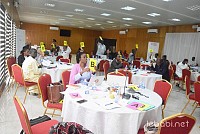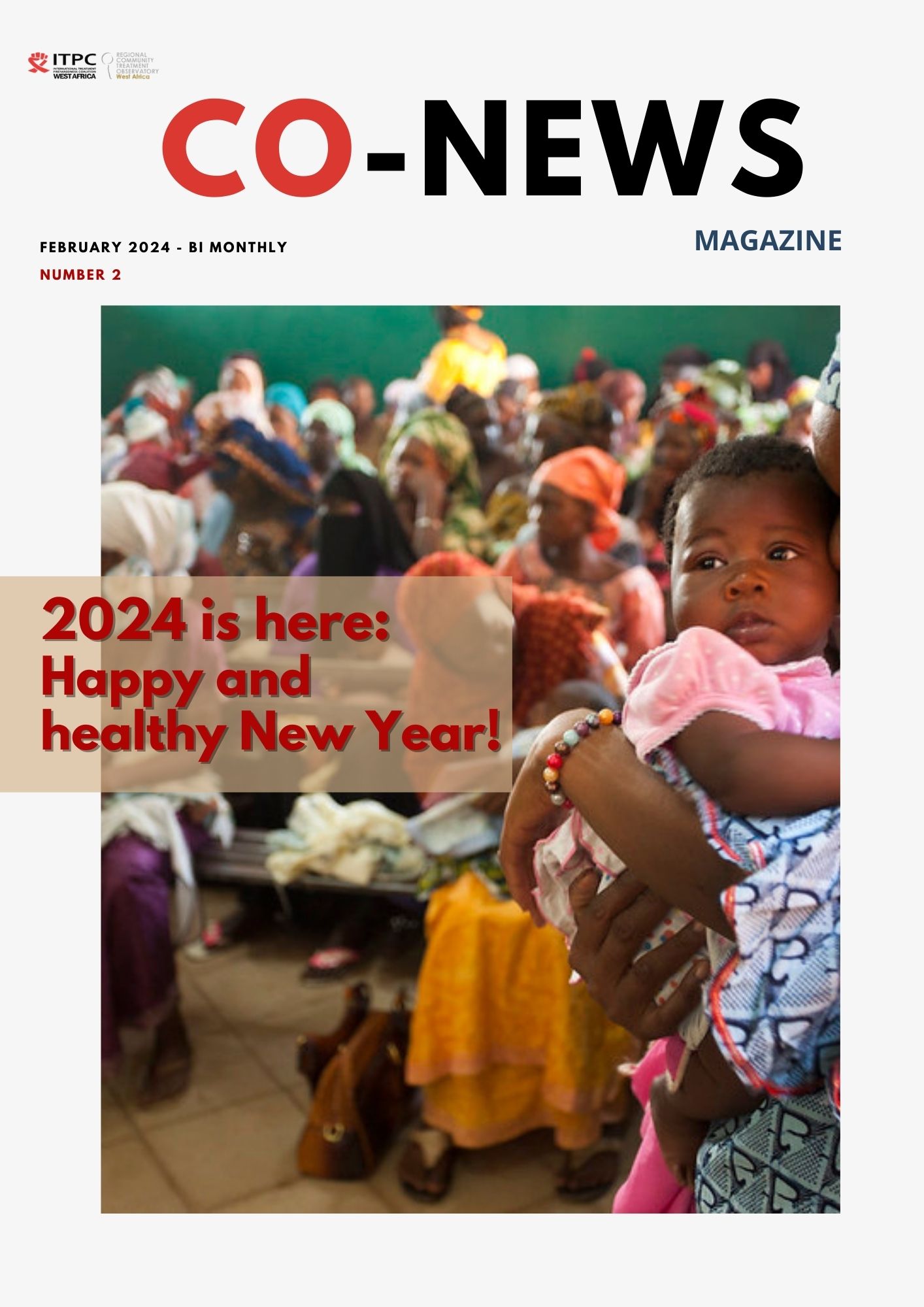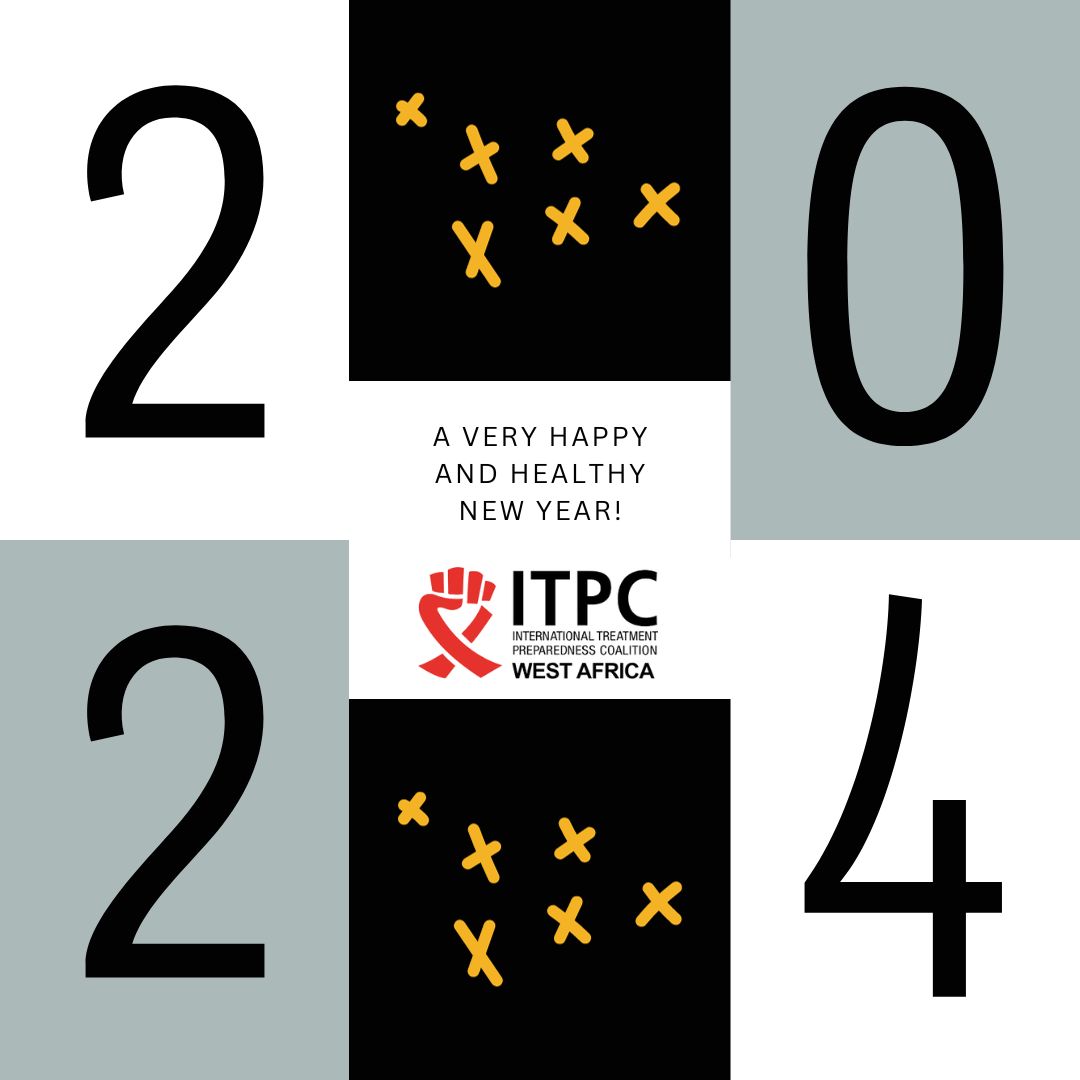The International Treatment Preparedness Coalition (ITPC), within the framework of the activities of the Regional Community Observatory on Treatment in West Africa (ORCT-AO) organized, in Abidjan Cocody, on Friday, October 18, 2019, a meeting with its technical and financial partners to reflect on future deadlines in the fight against AIDS.
Created in February 2017 by the ITPC (International Treatment Preparedness Coalition), the Regional Community Observatory on Treatment in West Africa (ROCT-WA) collects and analyzes data on the availability, accessibility, acceptability, affordability and appropriateness of HIV care and services.
This model of Community Observatory on Treatment (OCT) developed by ITPC and implemented in 11 West African countries having proven its worth, it was a question at this meeting for the actors of civil society working in the health sector and their technical and financial partners to discuss financing and the strategies to be put in place to make it an indispensable tool of the global health system.
Aliou Sylla, president of the NGO group COALITION PLUS, speaking on behalf of the ORCT-AO, wanted to show how the Community Observatories on Treatment help to improve the quality of treatment and access services to it. are attached.
“The observatories are a strategy to identify the barriers, the bottlenecks to access to the prevention, care and treatment service in our health centers.” said Aliou Sylla.
“With the replenishment of Global Fund funds, new grants will be developed in early 2020. We are therefore at the right time to be able to identify relevant activities that can have an impact on the quality of life of our HIV-infected populations” Noted the president of COALITION PLUS highlighting the importance of the meeting of the day with donors.
For Patrick Brenny, the UNAIDS Regional Director for West and Central Africa, this partnership forum is timely because it allows us to reflect on the next steps in the collaboration and especially on the future of this mechanism.
“This meeting marks the end of a whole series of discussions that have taken place in relation to the activities carried out by ITPC in the region. The reflection of the day is precisely how to value the result they presented and think together about the next steps,” revealed the UNAIDS Regional Director for West and Central Africa.
"For us, the most important thing is to value the role of civil society in relation to the different aspects of the national response to HIV because ultimately to reach those who are the most marginalized, the most deprived, it is always necessary to have associations, community groups that are associated with the project,” said Patrick Brenny, thus demonstrating the will of UNAIDS to want to continue the adventure with the actors of civil society because of their importance.
Finally, he wished on behalf of UNAIDS that after its replenishment at the 6th Replenishment Conference organized in Lyon, France, the Global Fund would continue to invest in community organizations in particular and in the health system in general.
It should be noted that for the establishment of the Regional Community Observatory on Treatment in West Africa, ITPC had received funding of approximately 3.6 million Euros over 3 years from the Global Fund for the Fight against AIDS, Tuberculosis and Malaria with the aim of increasing access to optimal HIV treatment in 11 West African countries (Benin, Côte d'Ivoire, Gambia, Ghana, Guinea, Guinea Bissau , Liberia, Mali, Senegal, Sierra Leone and Togo) through systematic monitoring of services by national networks of people living with HIV.

3 years ago




